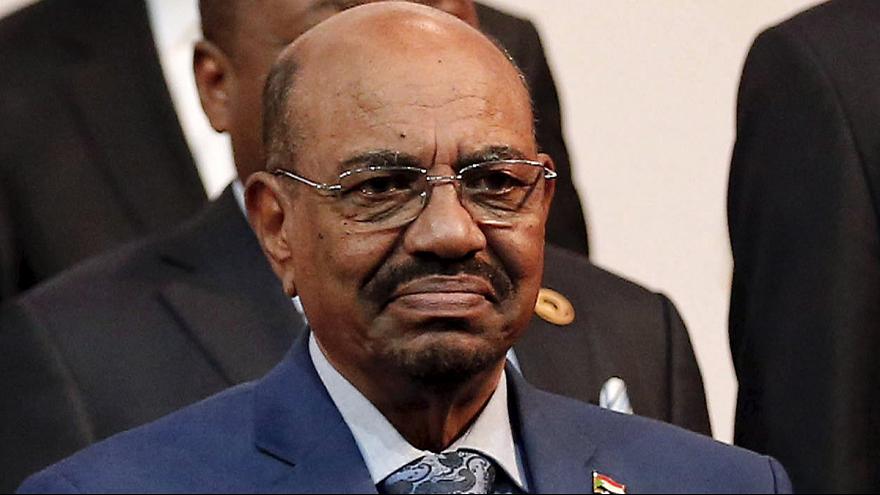
KHARTOUM, SUDAN– Police fired tear gas at protesters in Sudan’s capital on Monday, December 31, ahead of a planned march on President Omar al-Bashir’s palace calling on him to “step down” following deadly anti-government protests.
Crowds of men and women chanting “freedom, peace and justice” and “revolution is the people’s choice” gathered in downtown Khartoum, but they were quickly confronted by anti-riot police, witnesses told AFP.
Hundreds of policemen and security forces deployed to key squares across the capital in the early morning to prevent the march.
Bashir has told police to abstain from using excessive force against the demonstrators after 19 people, including two security personnel, were killed in clashes in the initial days of demonstrations that erupted on December 19.
In a meeting with top police officers in Khartoum on Sunday, al-Bashir instructed them to refrain from using excessive force against protesters.
“Vandalism, destruction and theft only worsen the situation and will not fix things. Our duty is to stop these acts of looting and violence,” al-Bashir said defiantly.
“We want to maintain security and we want the police to do that by using less force.”
Angry protesters took the streets after the government raised the price of a loaf of bread from one Sudanese pound to 3 (from about two to 6 US cents).

Bread price protests quickly evolved into anti-government rallies in Khartoum and several other cities.
Sudan is facing an acute foreign exchange crisis and soaring inflation despite Washington lifting economic sanctions in October 2017.
Inflation is running at 70 percent and the Sudanese pound has plunged, while shortages of bread and fuel have regularly hit several cities.
“We admit that we have economic problems… but they can’t be solved by destructions, lootings, and thefts,” al-Bashir said, referring to buildings and ruling offices torched by protesters in several cities during the demonstrations.
“We don’t want our country to go the way other countries in the region have gone,” he said told Journalists adding that “we will not allow our people to be refugees. If this happens where can we go in this region?”
Although the protests initially appeared to be tied to a recent increase in the price of a loaf of bread from one Sudanese pound to three, analysts believe the people’s grievances run deeper than that.
“The trigger of the protests was the rise in bread prices, but underlying these protests is long-standing public discontent over the economic and political policies of Bashir’s regime,” Mohamed Osman, an independent Sudanese analyst, told Al Jazeera earlier this week.
UN Secretary-General Antonio Guterres appealed “for calm and restraint” and called on “the authorities to conduct a thorough investigation into the deaths and violence”, a UN spokesperson said in a statement on Friday.
The UN chief is “following with concern” developments in Sudan and “emphasises the need to safeguard freedom of expression and peaceful assembly”, the spokesman added




